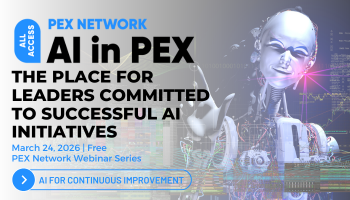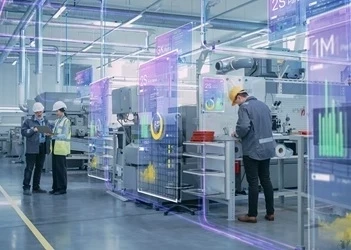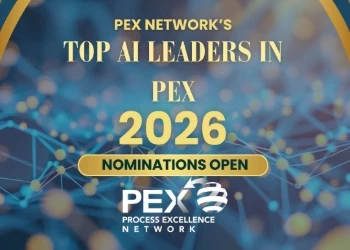Researchers test accuracy of 10 LLMs for process modeling
LLMs exhibit a tendency to prioritize their generalized internal schemas over contradictory evidence provided in the prompt
Add bookmark
Researchers have assessed the accuracy of 10 state-of-the-art artificial intelligence (AI) large language models (LLMs) in generating process models from standard and deliberately atypical process evidence. The study introduced and investigated the phenomenon of knowledge-driven hallucination in LLMs, where a model’s pretrained knowledge overrides explicit source evidence, leading to factually incorrect but plausible-looking outputs.
It found that LLMs exhibit a tendency to prioritize their generalized internal schemas over contradictory evidence provided in the prompt. This was evident as models frequently reverted to generating a standard process flow even when the input described a reversed or structurally shuffled version.
Even in cases where the models did not fully hallucinate, their performance in correctly modeling atypical processes was significantly degraded compared to standard ones, highlighting the disruptive effect of the conflict between evidence and internal knowledge.
Join the PEX Network community

Don't miss any news, updates or insider tips from PEX Network by getting them delivered to your inbox. Sign up to our newsletter and join our community of experts.
Learn MoreImplications extend beyond process modeling
The implications of the study extend far beyond process modeling and raise critical concerns about the reliability of LLMs in any evidence-based domain, according to the researchers
The danger of knowledge-driven hallucination lies in its deceptive nature, they added. Generated artifacts are often coherent, logical and well-formed, masking the fact that they do not accurately represent the source data.
“This ‘plausibility trap’ poses a significant risk in fields such as legal analysis, financial reporting and scientific research, where strict adherence to source evidence is essential,” the paper read.
The work underscores that simple prompt engineering, such as instructing the model to be faithful to the input, can mitigate but not eliminate this deep-seated behavior.
Future work should focus on two key areas, the researchers noted. First, there is a clear need to develop more robust mitigation techniques beyond prompting that allow for better control over the influence of pre-trained knowledge.
Second, the experimental methodology could be adapted to investigate knowledge-driven hallucination in other structured generation tasks, such as code generation from legacy specifications or data schema creation from business requirements.
“Ultimately, our study serves as a critical reminder that as we delegate more complex analytical tasks to AI, we must also develop rigorous methods to validate its outputs and ensure that its powerful inferential capabilities do not come at the cost of factual integrity.”
Register for All Access: AI in Business Transformation 2025!
Process modeling in business transformation
The PEX Report 2025/26, based on the results of a survey of more than 200 respondents, found that 38 percent of organizations use process modeling/mapping tools to support business transformation. Meanwhile, 26 percent plan to increase investment in process modeling/mapping tools in the next 12 months.
At All Access: BPM Business Process Management, process modeling topped the list of solutions deployed by participants.
These survey results underscore a clear truth: process is at the heart of business transformation, said Ryan Bazler, senior director, product marketing at Nintex. “The fact that workflow automation and process modeling/mapping are at the top of the list shows that organizations recognize they can’t transform effectively without first understanding and streamlining how work gets done.”
Interestingly, the data also shows a maturity curve, Bazler added. “Higher adoption of modeling, workflow automation and reengineering suggest businesses are focusing on building strong process foundations before layering on more advanced capabilities like RPA [robotic process automation], process mining or digital twins.” This progression makes sense; without well-defined, optimized processes, adding advanced automation or intelligence is like building on shaky ground.
All Access: AI in Process Excellence 2026

Don’t get left behind. Join us at All Access: AI in Process Excellence to learn from leading experts, thought leaders, and practitioners who are on the ground experimenting, researching, and learning how to best use AI. They will share their secrets with you for free. And you’ll have the opportunity to network with fellow professionals as we navigate this new world. Register now to save your spot.
Register Now





















